The unanimous judgment of the SCC in York University v Canadian Copyright Licensing Agency (Access Copyright), 2021 SCC 32 decisively ends the question of whether Access Copyright (Access) may impose a “mandatory tariff” through the Copyright Board on Canadian educational institutions. This question arose when York University decided in 2011 not to renew its license that allowed professors to copy works from Access’s collection for use in course packs. York argued that it would not renew a previous license and would be relying on the fair dealing exceptions in the Copyright Act in the future. Access argued that York should continue to pay copying fees even though it was no longer a licensee.
In its decision, Justice Rosalie Abella, (on behalf of the Court) summarized the long-standing jurisprudence related to Canadian copyright law on collective administration and fair dealing as well as the numerous briefs filed by Intervenors. The outcome of the decision was of particular concern to educational institutions who faced significant payments to Access.
The following are salient points of the decision:
- The Court emphasized the legislative distinction between users that are licensed pursuant to a Copyright Board approved tariff, and users that do not hold such a license. The former may be liable for defaulted payments while the latter may be liable for damages for copyright infringement.
The Court determined that the Copyright Act does not make Copyright Board tariffs mandatory against users who choose not to be licensed. As such, the Court held that Access’s tariff is not enforceable against York. - York sought a declaration that their reproductions constituted fair dealing. The Court held that such a declaration could only be granted if it would settle a live controversy. As it was determined that Access’s tariff was not enforceable against York, the Court held that there was no live dispute between the parties and that the declaration would not be appropriate.
The Court also noted that the issue of fair dealing arises within the context of copyright infringement, but that Access has no standing to bring such an action. Copyright owners would have had standing to bring an action for infringement, but they were not parties to the proceeding. - While the Court did not grant the declaration requested by York, it provided guidance on the factors that are used to assess fair dealing. In particular, the Court did not agree with the approach used by the Federal Court and Federal Court of Appeal in assessing whether a dealing is fair.
The Court noted that the lower courts only considered their fairness analysis from an institutional perspective and that they left out the perspective of students who use the copied materials. The Court emphasized that the copies made by teaching staff are ultimately meant for their students’ education.
The case is of importance as it resolves the issue that a collective’s tariffs are not enforceable against educational institutions that are not bound by a license. Users should still exercise caution when copying materials without permission as doing so may result in copyright infringement subject to any relevant defenses.

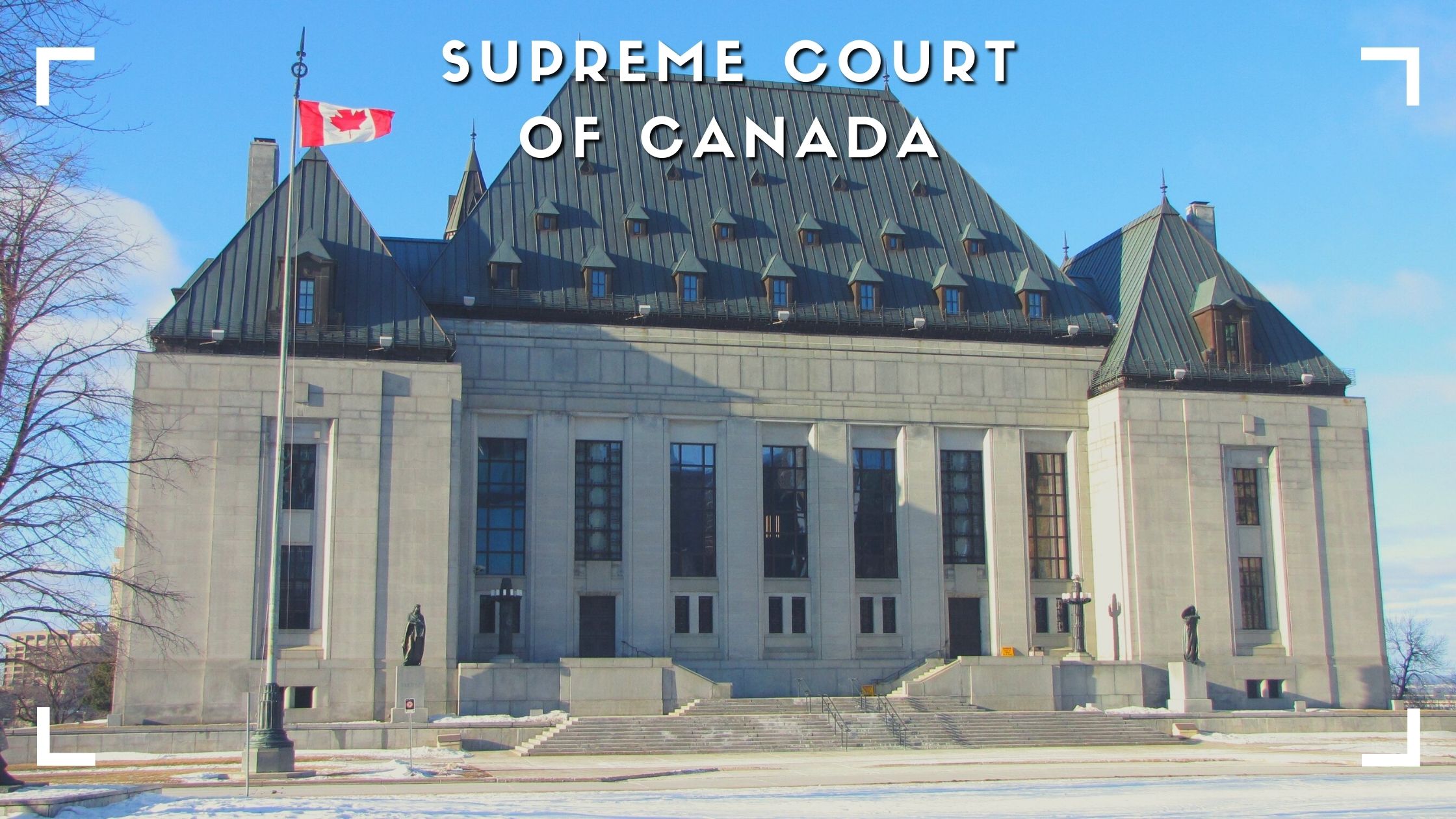
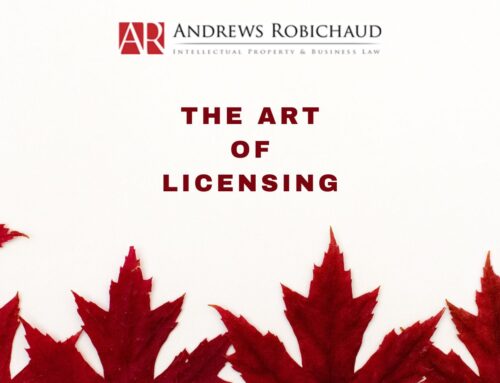
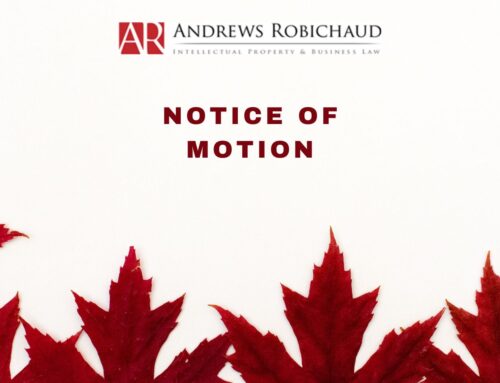
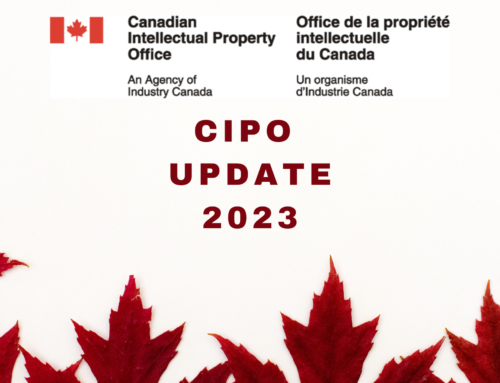
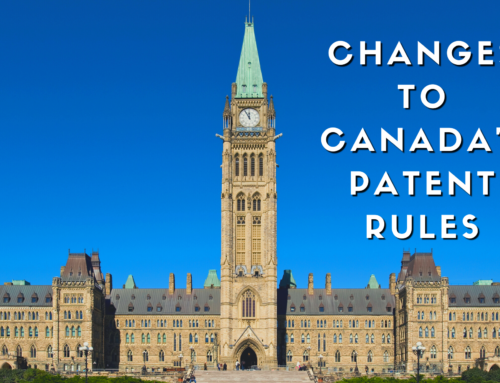
Leave A Comment